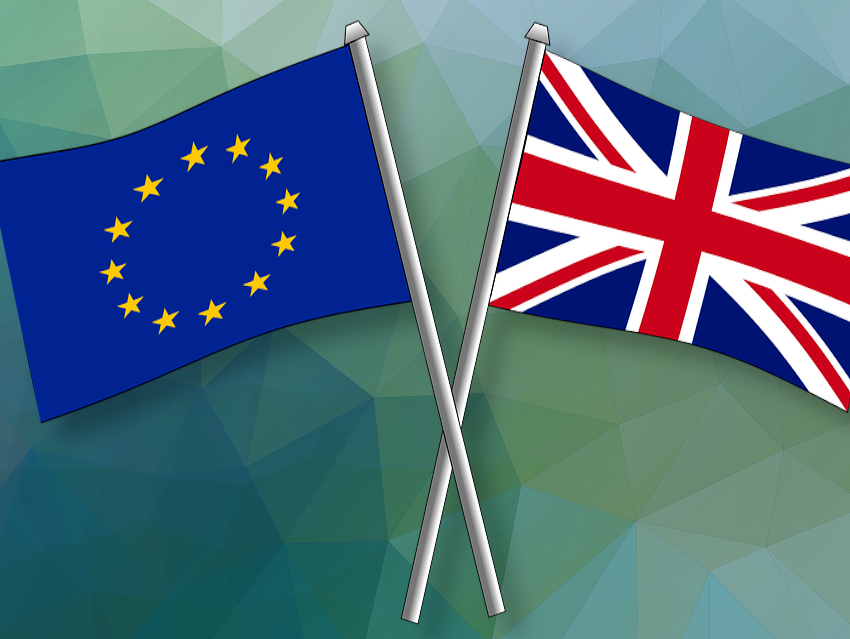Horizon Europe, the world’s largest civil research and innovation program, has a budget of €95.5 billion from the EU, in addition to contributions from associated countries. This program offers support to EU Member States and associated nations through funding for various research projects, research fellowships, and researcher mobility. Its ambitious objectives address some of today’s most pressing global challenges, including health crises and climate change.
Copernicus, the EU’s Earth observation satellite system, plays a vital role in monitoring our planet. Comprising a network of data collection systems, such as Earth observation satellites, ground stations, airborne sensors, and sea-based sensors, Copernicus gathers and processes data to provide users with reliable, up-to-date information across various services related to climate change, environmental monitoring, disaster prevention and management, and security. Copernicus is instrumental in advancing the EU’s Green Deal and Net-Zero objectives.
Following extensive discussions between the European Commission (EC) and the UK Government, an agreement in principle has been reached under the Trade and Cooperation Agreement for the UK to become associated with Horizon Europe and Copernicus. This agreement takes effect on January 1, 2024.
The UK’s financial commitment to the EU budget is a requirement, subject to the safeguards outlined in the Trade and Cooperation Agreement. Overall, the UK is expected to contribute nearly €2.6 billion annually to both Horizon Europe and the Copernicus component of the Space program. Should the UK receive more grant receipts than its contributions over two consecutive years, the Trade and Cooperation Agreement stipulates an automatic correction mechanism if it surpasses an 8 % threshold. Conversely, if the UK receives significantly fewer grants than its contributions, alternative correction mechanisms are available. In cases where the country overpays by more than 12 %, the matter can be brought before the joint Specialized Committee on Participation in Union Programs for consideration and the agreement of appropriate corrective measures.
The political agreement must now be approved by the Council before formal adoption in the EU-UK Specialized Committee on Participation in Union Programs.
- Commission and UK reach political agreement, Press Release European Commission September 7, 2023.




